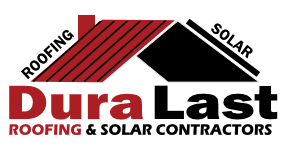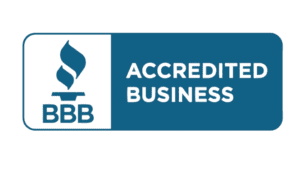
Solar Power Systems
Our solar and roofing experts will take care of your solar installation.
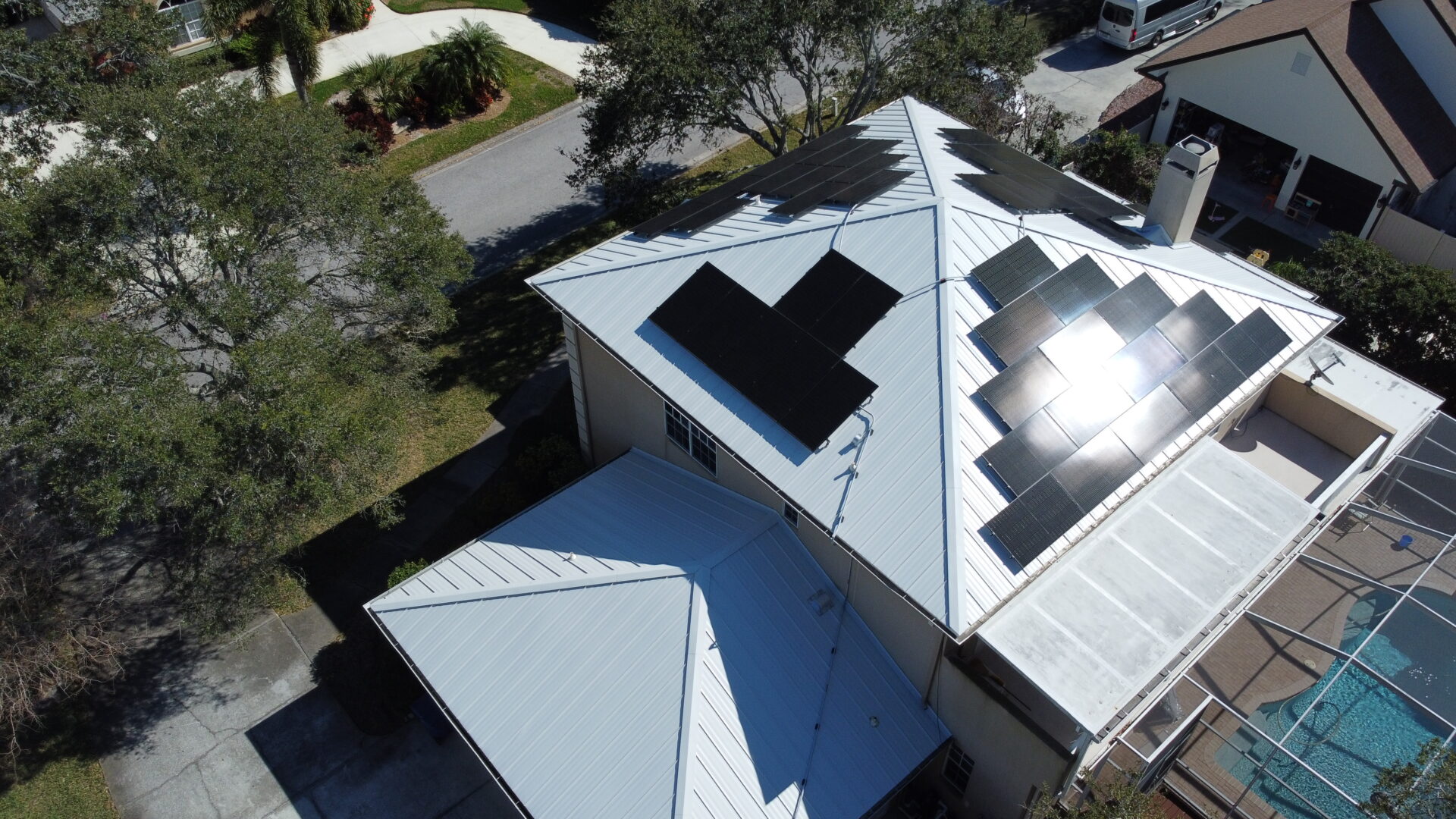
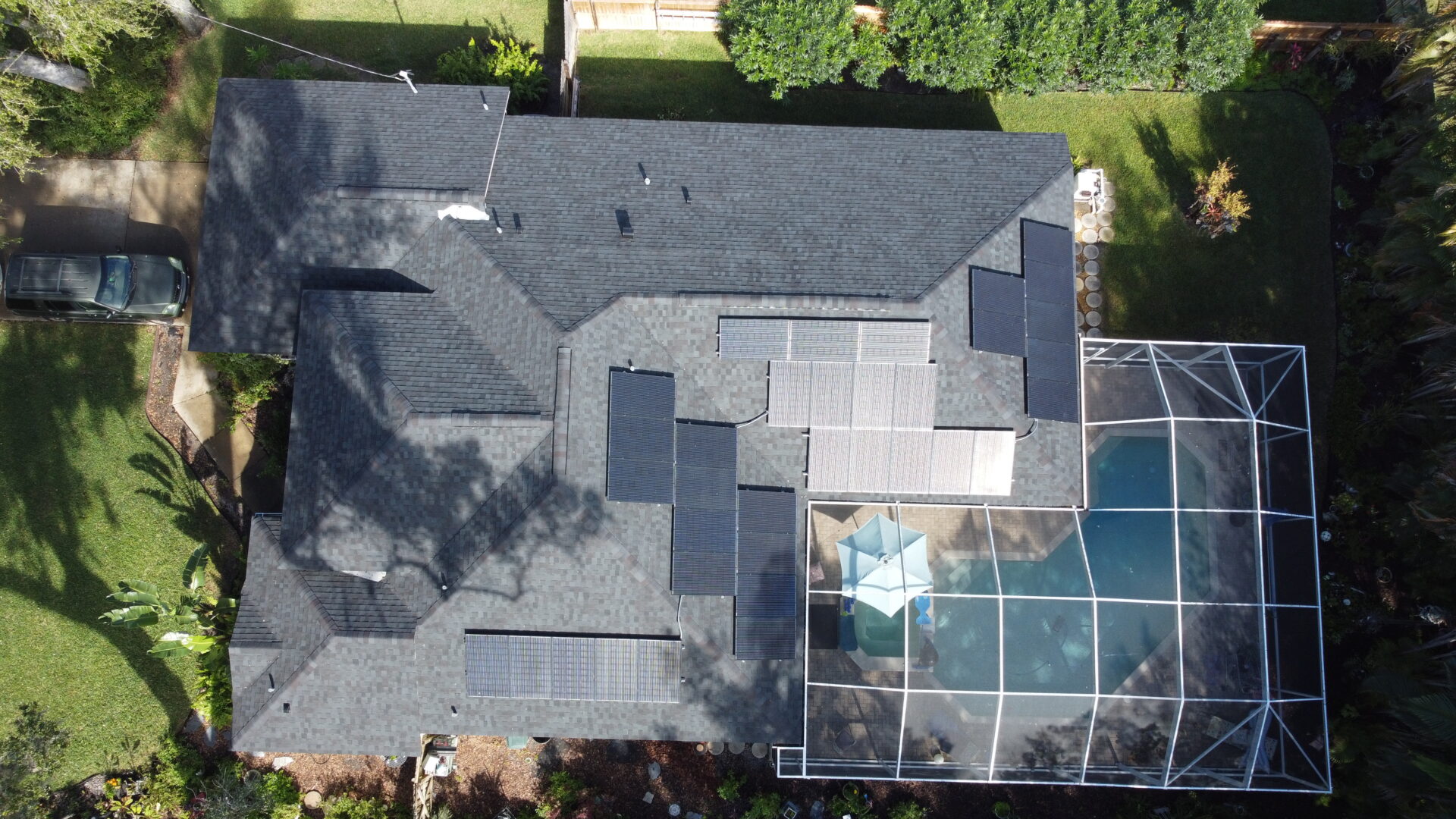
Why Go Solar With DuraLast Roofing & Solar?
Dual Expertise: We specialize in both roofing and solar installations, ensuring a seamless integration for optimal performance and aesthetics.
Custom Solutions: Tailored solar designs meet your specific energy needs and property layout for maximum efficiency.
Quality Workmanship: With over 35 years in the industry, we guarantee high-quality installations using the best materials.
Customer Focus: Our commitment is to your satisfaction, guiding you through every step of the solar transition.
Savings: Solar with DuraLast means lower electricity bills, offering significant financial benefits over time.
Eco-Friendly: Going solar reduces your carbon footprint, contributing to a healthier planet.
Hassle-Free Process: We handle all permitting and documentation, making the switch to solar smooth and straightforward.
Ongoing Support: Post-installation, we provide system monitoring and maintenance, ensuring long-term reliability.
Choose DuraLast for a comprehensive, hassle-free transition to solar energy, backed by industry-leading expertise and unwavering support.
What We Offer
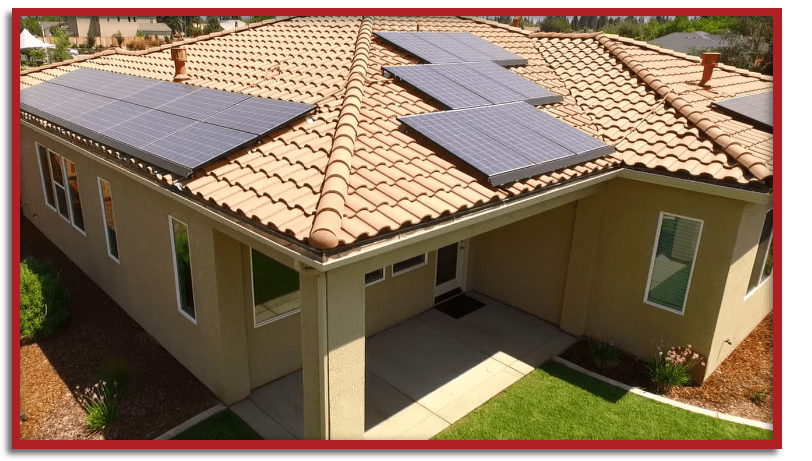
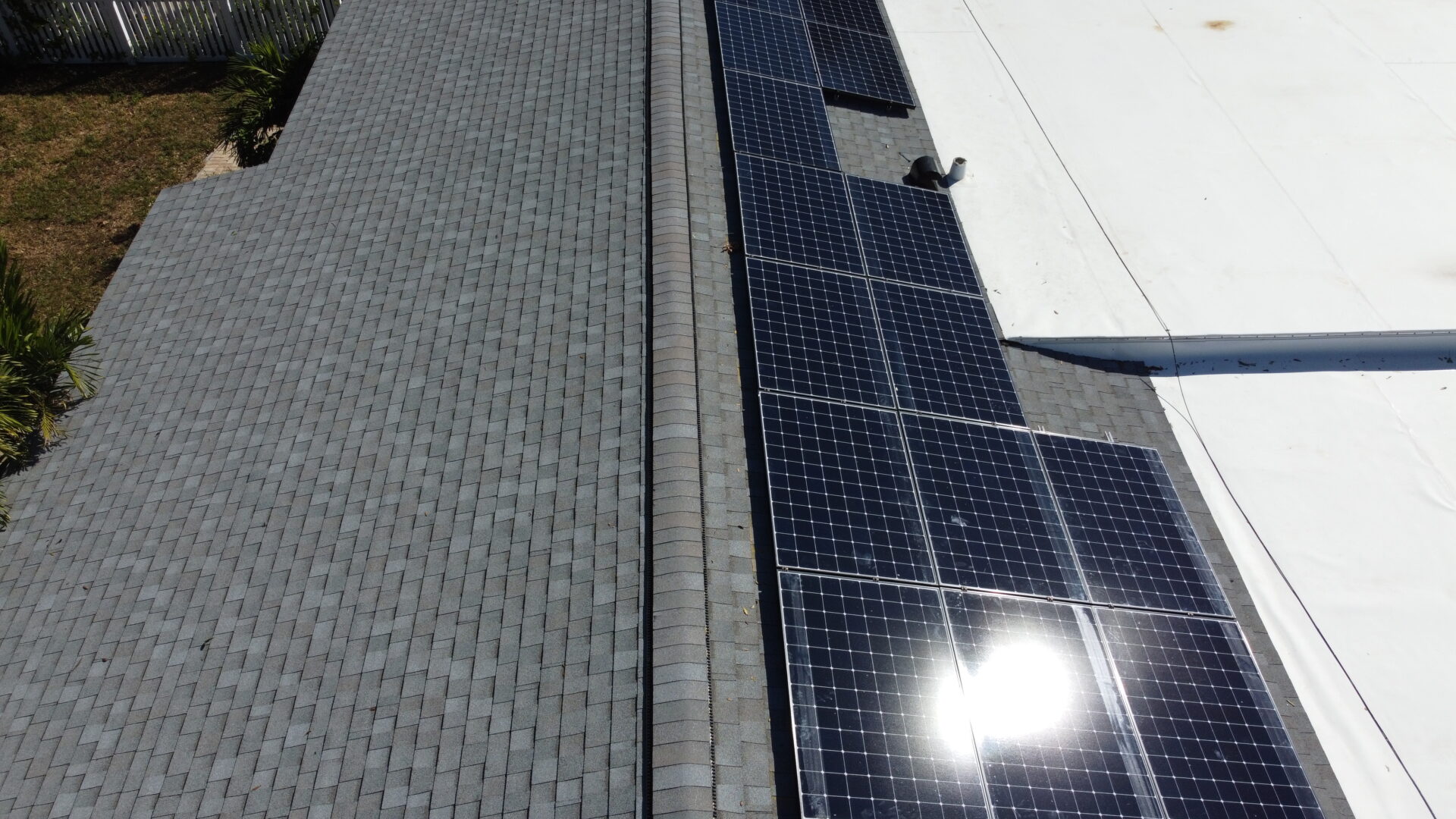
Lower Energy Bills
We can help you lower your energy bills and save money over time.
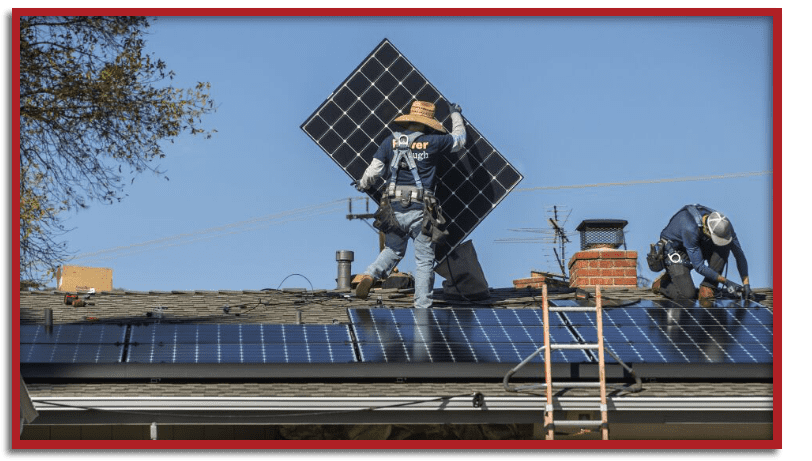
Safe Installation
By working with roof experts like us, you will not lose your roof's warranty or compromise its structural integrity.
FAQ's
A. Using solar power is possible, thanks to the invention of solar panels. Solar panels work a lot like a plant's chlorophyll, as the photovoltaic (PV) panels convert the sun's energy into electrical energy.
Solar panels then use this energy to power electrical loads, which can provide electricity for various purposes, from telecommunications towers and equipment to residential and commercial establishments.
Using solar panels can also drastically lower your electricity bill. If your home is connected to the power grid, the electricity generated through the panels can offset your total energy output. You will only have to pay the electric company for any usage over the amount of energy you produce, plus a moderate fee to stay connected to the power grid.
A. You can save significant money by switching to solar energy. Commercial electricity prices only rise yearly, and every incremental increase can compound over time towards an exorbitant sum.
Using solar panels can drastically lower your electricity bill. If your home is connected to the power grid, the electricity generated through the panels can offset your total energy output. Simply put, you will only have to pay the electric company for any usage over the amount of energy you produce, plus a moderate fee to stay connected to the power grid.
If your solar system produces more electricity than you can use, the excess power flows through your electric meter and into the power grid. It will be credited to the utility company, lessening your monthly bill. It also means that if you conserve enough energy on a bright and sunny day, you can make your utility company pay you more for the surplus power.
Going solar also gets you a bonus from the Federal Government. Through the federal tax credit program, switching to solar power can net you up to 30% in federal tax credits. If you get a roof and solar installed, you can get up to a 30% tax credit on a portion of your roof's total cost.
The savings you can get from tax credits, plus the long-term savings from cutting off that commercial energy contract, should be more than enough to pay for your solar setup in no time.
A. We use the most advanced software to calculate your production needs. Our program factors in many complex formulas in developing a highly efficient and productive system for our clients. Our program considers panel angle, shading, sun path, irradiance, system degradation, and present and future utility rates. Once we run all these calculations for you, we put all this information in a comprehensive, easy-to-read packet.
A. Solar micro-inverters, or micro-inverters, are plug-and-play devices used in photovoltaics to convert the direct current (DC) from one solar module to alternating current (AC) connected to a single solar panel. String inverters do the exact DC-to-AC conversion, but this system connects a single inverter to multiple solar panels.
Only the connected solar panel must be repaired if a micro-inverter shuts down. When a string inverter shuts down, it affects the entire power system. Due to this and the fact that technology is continually evolving to improve micro-inverter setups, more homeowners choose to use micro-inverters for their solar systems due to their durability and optimized energy distribution.
A. On average, solar panels can last 25-30 years. It can go significantly longer than that, depending on the manufacturer, as the quality of materials used is important.
A solar panel's first 25-30 years is considered its "prime" condition. During this time, the panel can perform to the best of its ability. After year 30, assuming the panels are well-maintained and undamaged, they can still do their job but less efficiently. Depending on your financial situation, you can either keep using the panels despite the slow production of electricity or opt for a replacement panel that can convert sunlight to energy at a high rate.
